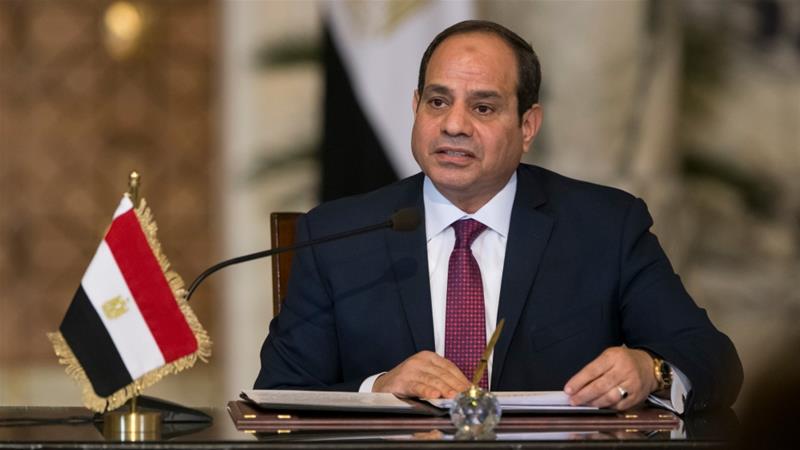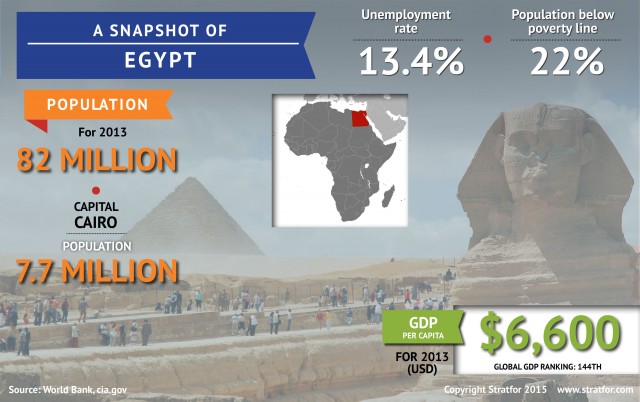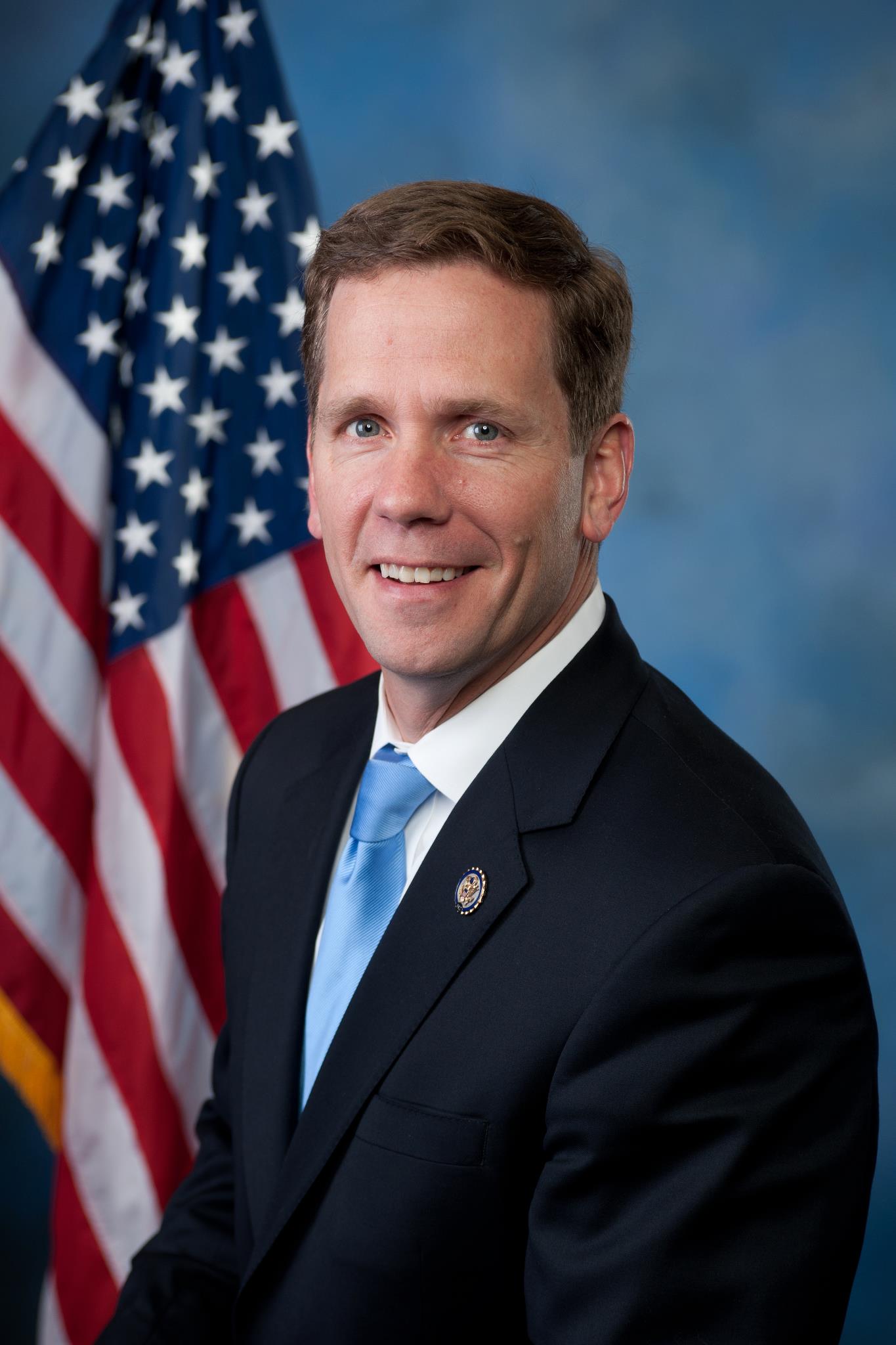“It is not every day that a Middle East leader is called a face-to-face dictator. “This tweet from the Israeli daily Ha’aretz sums up the content of Abdel Fattah al-Sisi’s interview with CBS News. Sweaty, seemingly strangled by his tight shirt collar, the Egyptian president had to answer questions that angered him. However, the government tried to deprogram the interview, which was scheduled to be broadcast on the 60-minute program. Shortly after its registration, the production team was contacted by the Egyptian ambassador to the United States. What he is asking for: the outright cancellation of the broadcast of the interview.
Never mind, the phone call doesn’t impress the members of the show. The interview is broadcast, as planned, on the evening of 6 January. And we can understand why the Egyptian authorities were so excited about the idea of its programming. Because the subjects raised are not the most indolent. On the agenda: cooperation with Israel in the Sinai, political prisoners and the Rabaa massacre. In the Egyptian press, the day after the interview, there is more talk about the inauguration of the largest church in the Middle East, about its message of tolerance and peace between Egyptians than about the words of the Head of State, who preferred to deny most of the information provided by the journalist in front of him.
Rabaa Massacre
When he asked him if he was the one who coordinated the repression against supporters of the Muslim Brotherhood in Rabaaa Al Adawiya during the three days of August 2013, Abdel Fattah al-Sissi replied: “Let me ask you a question. Do you follow closely what is happening in Egypt? Where did you get this information? There were thousands of armed people, in sit-ins for more than 40 days. We have tried every peaceful means possible to disperse them. »
Quoting a Human Rights Watch report, his interlocutor tries to go further on this massacre, which resulted in the death of 800 people “by using armoured personnel carriers, bulldozers, ground forces and snipers, police and army personnel attacked the protest camp and killed hundreds of people with bullets in the head, neck and chest”. “There were police officers and they were trying to open peaceful corridors so that people could return home safely,” replied the Egyptian President, then Minister of Defence.
“No political prisoners in Egypt”
The same reaction of denial with regard to political prisoners, which NGOs estimate at 60,000. “I don’t know where they got their numbers. I say, there are no political prisoners in Egypt “despite the arrests that some call “abusive” and which are not a secret in the country. Since coming to power in 2014, the fight against terrorism has become a doorway through which the al-Sissi regime gives the impression of restricting the individual freedoms of Egyptian citizens. The last area to suffer from this is media and online spaces. The “fight against cybercrime” law, promulgated in August 2018, allows the police to monitor and block, through a judge, websites whose content they consider to be “a threat to national security”.
Freedom of information threatened
Currently, more than 500 information or NGO sites are blocked in Egypt, according to the Cairo-based Association for Freedom of Thought and Expression (AFTE). The law also provides for prison sentences for the creators of the platforms in question, as well as for Internet users who consult them. “When a minority tries to impose its extremist ideology… we must intervene, no matter how many,” the president said.
Abdel Fattah al-Sissi “considers any opposition in his place as a threat to his status and purpose,” said Andrew Miller, a former member of the Obama administration’s National Security Council, interviewed during the broadcast. We must keep in mind that he is a military officer. He spent his entire career in the army before becoming president. And the idea that someone does not obey and listen to his orders is an affront. “The 60,000 prisoners imprisoned in Egyptian jails are witnesses to this.
The admission of cooperation with Israel
If Abdel Fattah al-Sissi denied most of Scott Pelly’s statements, he would have made at least one confession: that of military cooperation between his country and Israel in the Sinai region. “The Air Force must sometimes cross part of Israel. That is why our coordination is as it is with the Israelis,” the president justified. In this desert peninsula – demilitarized after the signing of a peace treaty in 1979 – the government is fighting the jihadists of Wilayat Sinai, who swore allegiance to the Islamic state in 2014. But in the face of the number of soldiers and law enforcement officers killed, and especially after the destruction of a Russian passenger plane in 2015, the Egyptian regime is showing signs of weakness. And Israel, which shares a border with Sinai, fears for its territory.
That is why today, Israeli drones, helicopters and planes are flying through the area, triggering air strikes. And with the president’s approval, according to information from the New York Times. Until then, the authorities have always denied this collaboration. Because by admitting that “the current cooperation with Israel is the most profound that the country has ever had”, Abdel Fattah al-Sissi acknowledges, in essence, that Egypt is dependent on Israel to control its own territory. Asked by Scott Pelly why he failed to eliminate “the 1,000 or so terrorists” after receiving $1 billion a year in U.S. military aid, al-Sissi was on the sidelines. “Why didn’t the United States eliminate terrorists in Afghanistan after 17 years and a billion dollars?” This answer will not, however, erase the impression that this interview left on Egyptian opinion in particular, and on international opinion in general.








